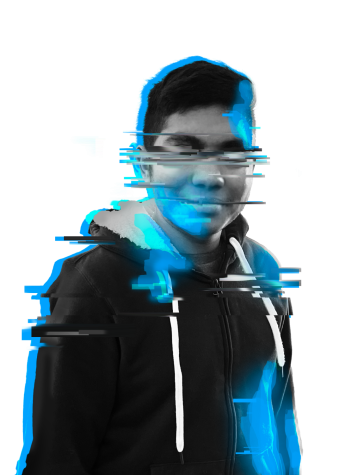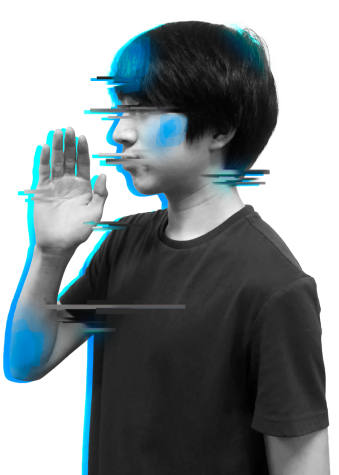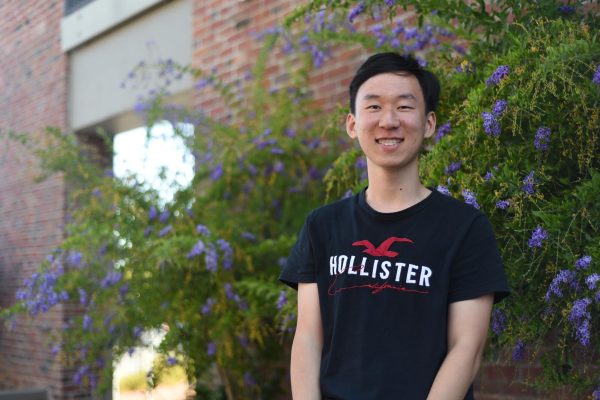Write an article about OpenAI’s ChatGPT
The community reflects on ChatGPT’s strengths and weaknesses
February 17, 2023
ChatGPT — a chatbot created by OpenAI — has taken the world by storm, surpassing 1 million users within the first week of its release on Nov. 30, 2022. As a pre-trained chatbot, ChatGPT’s abilities range from simulating everyday conversations to writing essays and computer programs by utilizing data from textbooks, websites and articles.
Given its vast knowledge and witty remarks, ChatGPT has grown in popularity among students. According to a survey of 152 MVHS students, 95% have heard of ChatGPT. When senior and president of Artificial Intelligence Club Shikhar Gupta first heard about ChatGPT, he was astonished at both its capabilities to behave like a human and at OpenAI’s ability to maintain a cost-free experience for users. Gupta says ChatGPT’s responses felt “humanoid,” recalling himself asking the chatbot to write pitches to investors, to which he received the response of what he says was an extremely professional email asking for investment and equity.
“One pro [of ChatGPT] that I’ve definitely been making use of is just its vastness of knowledge that it has and the ability of it to clearly communicate its thoughts to you,” Gupta said. “The amount of knowledge it has allows you to learn so much more from it. It’s able to make very clear analogies and [have a] very deep understanding of just how things work and how they intertwine.”

Junior Andrew Chen agrees, adding that ChatGPT can write and debug code, along with responding to whimsical prompts, like the time he asked ChatGPT “how many bottles of soy sauce you’d need to get the amount of salt required to make the Pyramids of Giza out of salt.” Along with feeling amazed at ChatGPT’s capabilities, Chen is alarmed at the accuracy of the chatbot.
“[ChatGPT is] a little frightening for sure because you can ask it the [most random] things, and it just gives you a perfect answer every time,” Chen said. “It’s really just a testament to how much technology has come along, so I was really impressed by it.”
Although ChatGPT serves as a useful tool, it has shortcomings, such as the fact that it can be used to facilitate academic dishonesty. In mid-December, FUHSD Assistant Principal of Educational Options Laura Gonzales discussed ChatGPT’s impact on curriculum with English department leads. They delved into how teachers could educate students on using ChatGPT appropriately for educational purposes and opened up the possibility of modifying writing prompts and finals. For example, ChatGPT could force English teachers to give essay prompts that connect books’ themes to students’ lives. Recognizing ChatGPT’s ability to provide detailed responses, Gonzales and the English department fear that students could use ChatGPT for cheating and plagiarism.
“There are different ways that students find shortcuts in the work that they do,” Gonzales said. “[We discussed] concerns around [students] cutting corners, avoiding doing what we want them to do and … submitting work that they really didn’t do themselves or put any thought into. [ChatGPT] is a pretty sophisticated technology that can provide detailed essays. If students were looking for a tool to use [to cheat], this is one that could help them cut a lot of corners.”

To further combat plagiarism, Princeton University senior Edward Tian has created GPTZero, an app that detects text written by ChatGPT. GPTZero has grown in popularity since its release on Jan. 2, exceeding 30,000 users within a week. OpenAI also released a tool that detects AI-generated text on Jan. 31.
MVHS English teachers met on Dec. 14 to discuss ChatGPT’s impact on writing essays by giving ChatGPT current prompts used in MVHS literature courses. After reading the AI-generated essays, however, the English teachers unanimously agreed that the essays would not receive passing grades.
Gupta also says ChatGPT is prone to errors — such as mixing up a book’s plot — making it unreliable to complete more advanced schoolwork. On the contrary, Gupta also adds that ChatGPT’s extensive knowledge is “both a pro and a con” since it will incentivize younger children who are reading common books with simpler plots to cheat more easily, especially after COVID has impacted their education. He personally does not use ChatGPT to help him with schoolwork, saying there’s a very fine line between casually using it and cheating.
Instead, ChatGPT inspired Gupta to develop his own project called ChadGPT — a program that emulates ChatGPT’s AI-generated response but in the tone of chad, which Gupta defines as a “person who is muscular, likes to have fun … and [is] dedicated to studying and making life better for himself” — through training a GPT 3 model to act this way. Gupta says the additional inspiration for this project includes his increased availability as a second-semester senior and his passion for funny memes.

Chen shares the same positive perspective as Gupta on ChatGPT, but notes the potential danger of AI for the future. As the chatbot performs well in revising broken code and debugging, Chen believes it has the potential to replace debugging and revising jobs in the coding industry.
“Perhaps it’s too smart for its own good,” Chen said. “I fear it’s gonna replace people. Everyone thinks as AI gets smarter, people’s jobs get replaced. But I feel like this really is a case in which that could [happen] because it’s just incredible how much you can do, to the point where it can be easy to get lost in.”
Despite this, Gupta sees positive potential for the future of AI as an expansive tool, saying that ChatGPT continues the momentum of AI development, further innovating the achievements of recent image generation programs such as Stable Diffusion, ImageNet and Dalle-E Mini.
“I see that in the future that there’s going to be a boom in AI,” Gupta said. “In fact, ChatGPT is introducing the normal world to the powers of AI. So, I think it’s a very good step for us to move forward into integrating AI to simplify our lives.”


















